Photo: RNZ / Samuel Rillstone
Thousands of striking teachers rallied, chanted and shouted at Education Minister Jan Tinetti in the first ever strike involving kindergarten, primary and secondary school teachers.
The members of the Post Primary Teachers Association and the Educational Institute took the action after rejecting similar offers including pay rises of $6000-7000 over two years.
At Parliament grounds in Wellington, secondary teacher Melanie McGrath said teachers were under paid, but the real problem was working conditions.
“I don’t think I’ve ever felt as desperate as I do right now for our education. It’s very scary the situation in schools at the moment, the amount of I guess feeling like we’ve got to cut corners to do our job,” she said.
Helen Tuapola said conditions had worsened in the 30 years she had been a kindergarten teacher.
“I think we’re feeling really angry to be quite honest,” she said.
“During Covid the expectation was that teachers would carry on and continue to educate in whatever way we could and we were seen as people that were necessary but when life goes back to normal we’re forgotten.”
Second-year maths teacher Jordan Hallas said she made more money per hour in her previous job as a bar manager because teachers were not paid for all the extra hours they worked.
“It’s pretty abysmal. I’ve had to budget quite a lot, money’s a stress for me, which it shouldn’t be as a teacher. I have two undergraduate degrees, I have a postgraduate degree in order to be a teacher. None of that’s required for hospitality,” she said.
Primary teacher Debs Burson said she was striking for the tamariki.
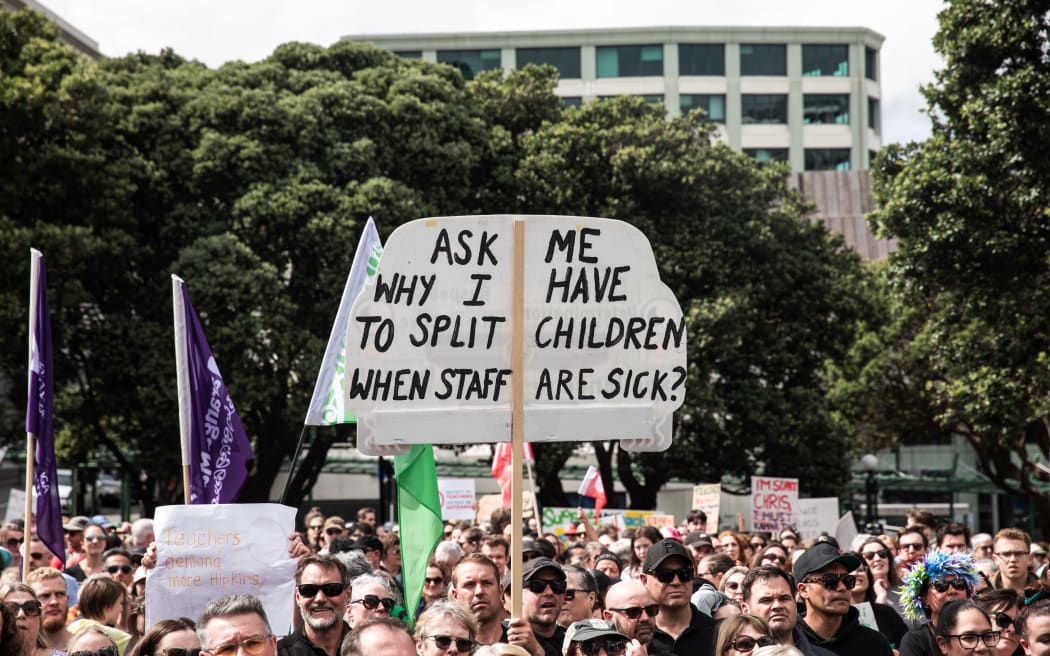
Photo: RNZ / Samuel Rillstone
“We are over-worked, over-stressed, under-paid and we have a real crisis on our hands. We’ve got kids that are struggling and we don’t have enough hours in the day,” she said.
Primary teacher Lou De Lange said she started teaching during the big teacher strikes of 2018 and 2019 and she was disappointed to be striking again.
“We were striking my first two years of teaching and I look back on that and nothing has changed. It has just gotten worse,” she said.
Her colleague Katrina Te Rito said teachers were feeling despondent.
“Something has to change and even though pay isn’t the main issue for any of us, it is a very real issue. I’ve got a son who no qualifications, straight out of school earning more than I earn after 25 years teaching. It’s mind-blowing really, unbelievable,” she said.
Education Minister Jan Tinetti addressed the Wellington crowd, telling them that they had been heard.
The crow responded by chanting “walk the talk”.
Tinetti, who is a former primary school principal, later told reporters she had talked with the ministry and the unions and was confident they would find a settlement.
“I’m confident because of the progress that I’ve been told by both sides has been made in the last wee while, I’m confident we can get back to that table and that’s as far as I will say because then it becomes up to the officials to do the bargaining,” she said.
Tinetti said she could not rule out further strike action, but she was working hard to avoid it.
She said some issues raised by teachers could not be addressed in the collective agreements or in a single agreement.

Photo: RNZ / Samuel Rillstone
“There are a lot of issues that they are bringing to the table. What I’ve been getting an understanding from the unions is what are the really top issues that we need to be looking at, where can we be leaning into. That’s why I’ve been having those meetings with the unions at the same time, to get some really deep clarification around that,” she said.
In Auckland, thousands of teachers marched through Queen Street in the city centre, shouting for better conditions.
Teacher Louisa Longoni said the strike was about more than pay.
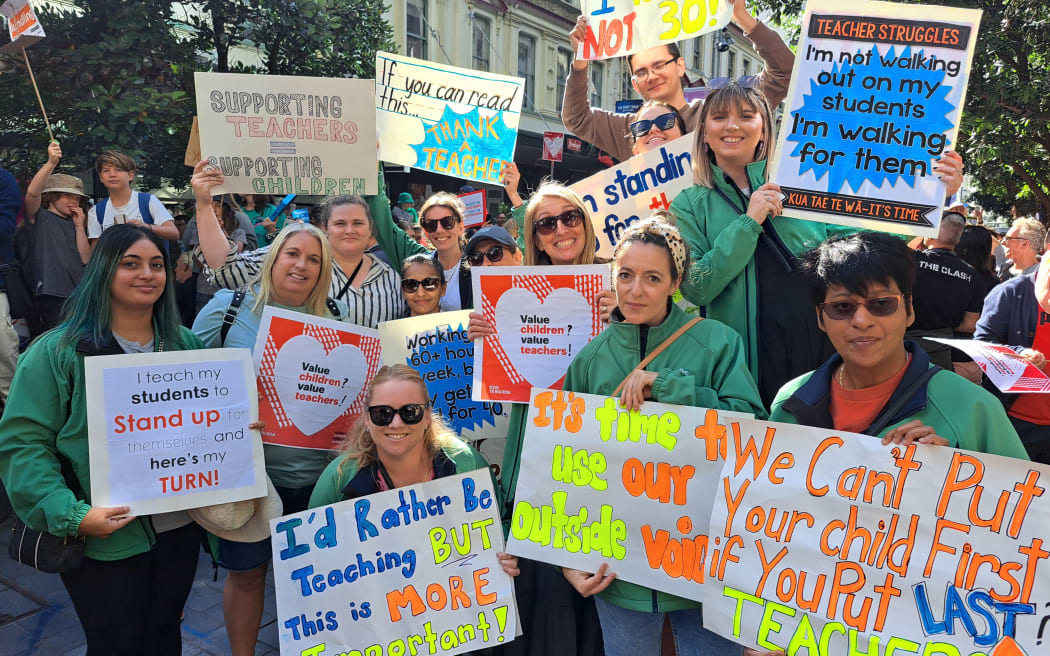
Hillpark School was out in force with around 16 of their faculty being at the Auckland strike. Louisa Longone (Bottom second from right) says teachers need more resources, particularly when it comes to managing students with special needs.
Photo: RNZ/Jordan Dunn
“If it was just about the pay we would have accepted that offer ages ago. I mean we’re still asking for the same things we were asking for back in 2019, we still have the same signs we were using in 2019. We just want our working conditions better,” she said.
Primary teacher Clarisse Taylor said she wanted to draw attention to poor conditions.
“It’s about the class sizes, it’s about the support, it’s about the behavioural needs that we’re having in the classroom at the moment, and it’s making it really difficult to be able to do our jobs.
“We’re over-worked, we’re under-paid, we’re burnt out and a lot of teachers and our friends are leaving the profession because it’s just not sustainable anymore,” she said.
In Dunedin, hundreds of teachers and their supporters gathered at First Church of Otago before marching to the Octagon.
Michelle Hollard said she had been a primary school teacher for 26 years and conditions were untenable.
Former teacher Jennie Upton said she still worked with schools on environmental education and teachers were busier than ever and needed more support.
“There’s just so much that teachers are being asked to do and there’s not enough time in the day for them to do that so I really feel smaller class sizes would be such an advantage,” she said.
Talks resume on Friday with the Employment Relations Authority mediating a meeting between the ministry and the Post Primary Teachers Association.










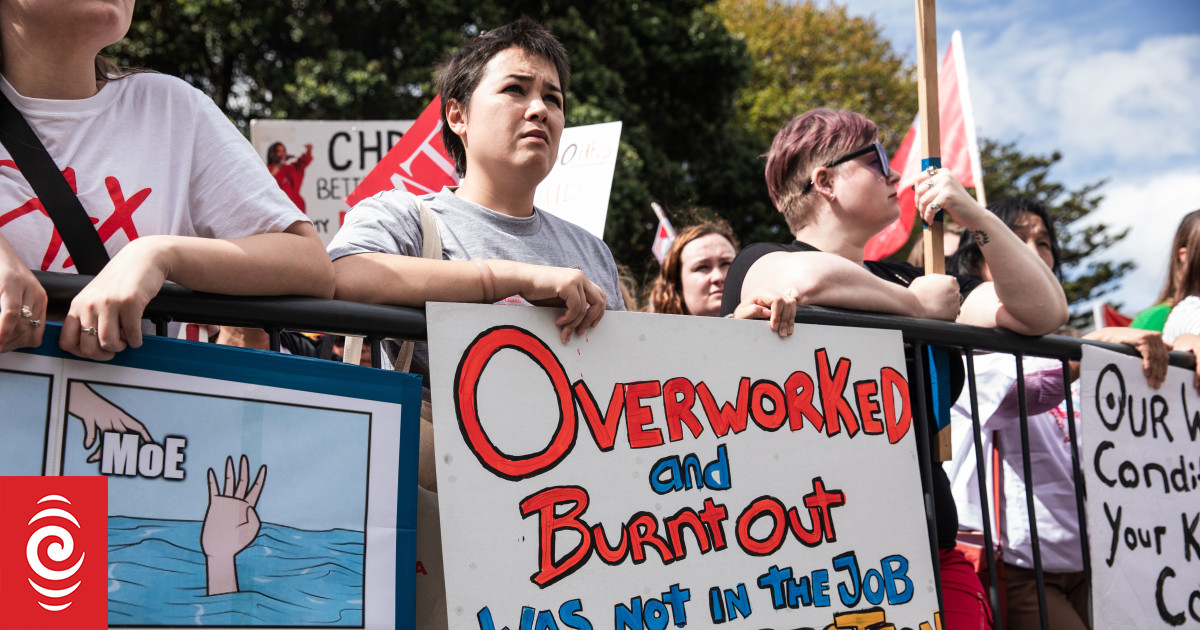
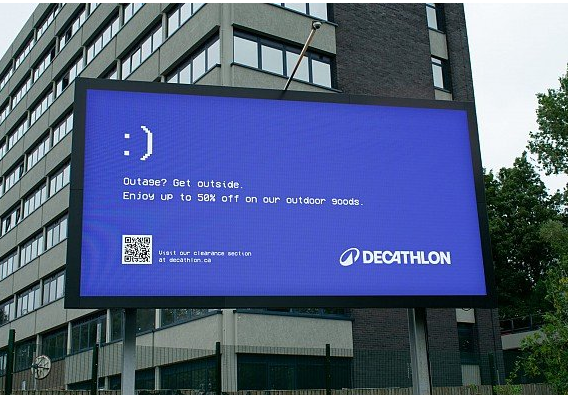


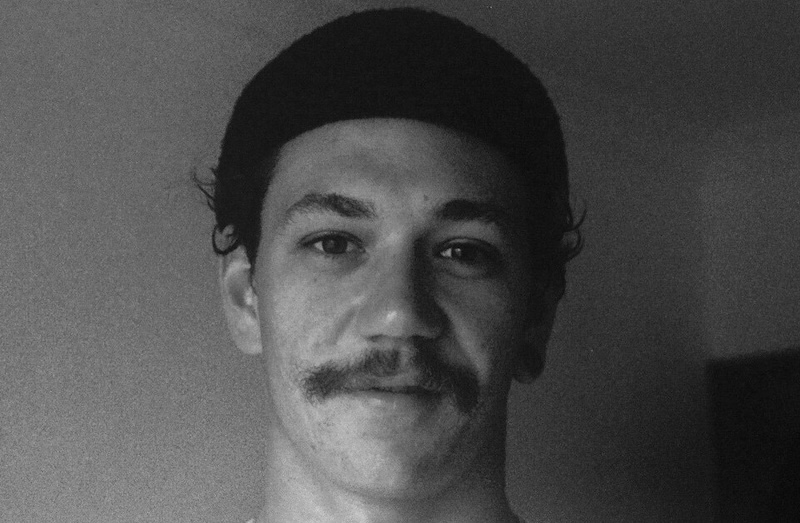





Discussion about this post